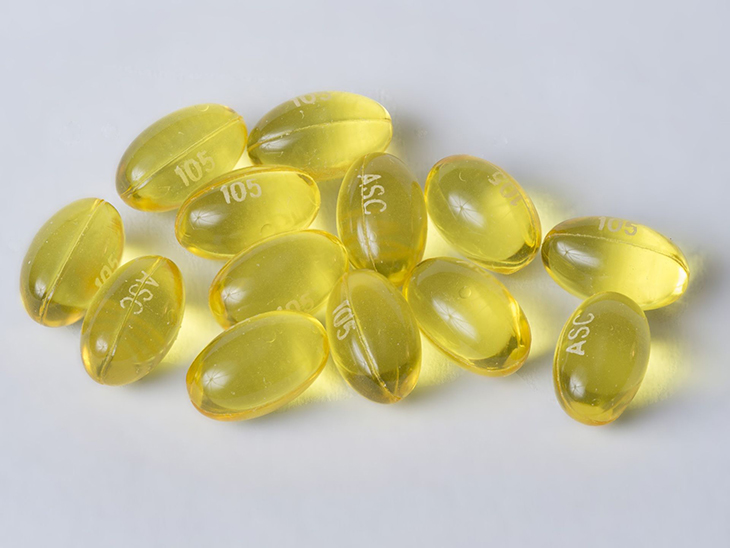
According to a new study done by the U.S. Food and Drug Administration (FDA), there has been a rise in recent years of calls to poison control because of overdoses from a cough suppressant benzonatate, better known under the brand name Tessalon.
During the 8-year period that this study took place, there was a rise in both intentional and accidental overdoses of this medication. And what makes it even more worrisome, is that it was seen in children below the age of 5 who accidentally ingested the drug, as well as in children 10 years and above, who showed signs of misuse of the medication on purpose.
The study findings were published online on November 15 for the December 2022 issue of Pediatrics.
Explained by senior physician at the FDA and lead author of the study, Ivone Kim, MD, “The most significant finding in our study is that drug safety considerations extend beyond the safe and appropriate use of prescription medication. Accessibility to benzonatate at home may present a risk for unintentional ingestion in young children. In older children and adolescents, access to benzonatate may lead to the misuse or abuse of these products, including the use in suicide attempts.”
The FDA shares some of the symptoms of an overdose from benzonatate, which include tremors, seizures, restlessness, passing out, even a heart attack or possible death.
Pediatric Prescriptions For This Medication Have Risen Over the Past Few Years
Looking at the different databases available, investigators checked the trend of the use for this particular cough medication. What they saw was that there was a significant increase in the pediatric prescriptions for this suppressant by as much as 62 percent between the years 2012 to 2019. This increase may be due to the attempts to lessen the unacceptable narcotic prescriptions.
Regardless, 10 percent of the prescriptions in 2019 were still made out for pediatric antitussive medication, while the other 90 percent was for medicines using dextromethorphan.
According to the American Addiction Centers, commonly known as DXM, dextromethorphan happens to be another type of cough suppressant that can be found in over 120 over-the-counter (OCT) cold medications, especially in extra-strength cough syrups, gel capsules and tablets.
Since 2010, the FDA has warned against how accidental ingestion of benzonatate by children below 10 years old could possibly lead to death.
Big Jumps in Reports of Kids Ingesting Cough Medicine
During their research, the authors found a total of 4,689 benzonatate overdose or misuse cases, which included at least 6 deaths between the years 2010 to 2018. There was a 159 percent jump in reports to U.S. poison control centers of children ingesting the drug during these eight years, from 308 cases in 2010 to 799 in 2018.
Notably, the cases also included incredibly young kids that were unintentionally exposed to the medicine, as well as kids aged 10 and above that misused the medication intentionally. Meanwhile, around 77 percent of benzonatate exposures that were reported to poison control were also unintentional, the study says, explaining that ‘these exposure rose from 256 in 2010 to 581 in 2018, and most involved children younger than 6 years.’
Dr. Kim shared, “The data suggests that access to benzonatate presents a risk for unintentional ingestion in young children, as oral exploration is a normal part of development in infants, and young children may be enticed to consume objects that resemble candy.”
Suicide Attempts Using Cough Meds Seen in Children and Teens
According to the study authors, the intentional exposures to the medication have risen from 49 in 2010 to 210 in 2018. And half of these misuse or abuse cases are basically almost all suspected to be suicide attempts in kids between the ages of 10 to 16. They also explained that this count of exposures and deaths seen in the study were probably below the real number, however, they couldn’t tell of the severity of benzonatate overdoses were compared to overdoses from other cough medications.
Tips on Drug Safety From Experts
Dr. Kim explained that it’s incredibly important for parents to understand and discuss the drug and safety requirements of all prescribed medications with their medical providers. She also said, “Drug safety includes understanding appropriate dosing, administration, reasons for prescription, and learning about potential side effects of the medication.”
Associate professor of pediatrics at Johns Hopkins Medicine in Baltimore, Joanna Cohen, MD, explains that all medications should always have their safety cap on, and they should always remain inside their original packaging so there isn’t any confusion as to what it is. Moreover, they should always remain out of the reach of young kids.
Moreover, parents need to be aware of any symptoms of benzonatate toxicity, as mentioned earlier, such as restlessness, coma, convulsions, or tremors. They should also be sure to seek immediate medical care in case of an overdose. Dr. Kim shared, “Parents and caretakers may also want to be familiar with how to properly dispose of unused medications at home.”



